The High Cost of Irresponsible Corporate Communication.
How one misplaced claim can cost you trust, investment, and the future of your brand
Date: August 2025
Read time: 3 mins
Author: The Anti-Greenwash Charter

Corporate communication isn’t just about shaping perception anymore. It’s about managing risk. In the climate decade, the wrong message—or even the right message delivered badly—can trigger a chain reaction that derails strategy, saps resources, and shatters trust.
Here’s what can go wrong when the care isn’t there.
1. Regulatory Trouble You Can’t PR Your Way Out Of
Regulators have shifted from guiding businesses to investigating them. In the UK, the Competition and Markets Authority has already cracked down on misleading environmental claims under the Green Claims Code. In Australia, airlines have faced lawsuits over “carbon neutral” ads based on offsets that didn’t hold up to scrutiny.
Once you’re under investigation:
-
Legal costs mount long before any verdict.
-
Investor confidence drops as uncertainty rises.
-
The story leaves your hands—and gets told by headlines.
2. Viral Backlash That Outruns the Facts
Social media doesn’t wait for nuance. It doesn’t care about your carefully crafted statement from Legal.
H&M’s “Conscious” collection is a cautionary tale: when the brand’s sustainability scorecards were called into question in 2022, the online conversation moved faster than their official response. By the time clarifications came, the damage was already baked into public opinion.
Backlash travels further than correction—every time.
3. The Talent Drain
Employees, especially younger ones, are watching how their companies communicate. When messaging feels dishonest or misaligned with reality, they don’t just roll their eyes—they leave.
A 2023 Deloitte survey found nearly half of Gen Z employees would consider quitting if their employer was found guilty of greenwashing. Losing top talent mid-strategy is more than an HR headache—it’s a competitive handicap.

4. Lost Customers—And They Don’t Come Back
A customer who feels misled rarely returns. Look at Volkswagen’s “Dieselgate”: a decade on, they’ve spent billions on rebuilding trust and still haven’t fully recovered their pre-scandal brand reputation.
In a crowded marketplace, trust is the moat. Once it’s breached, loyalty leaks fast.
5. Internal Paralysis
When comms teams are firefighting, they’re not building.
-
Executives become risk-averse, slowing decision-making.
-
Progress on real sustainability initiatives stalls because everyone’s focused on fixing perception instead of performance.
It’s not just a distraction—it’s a drain on momentum at the very moment you need it most.
6. The Industry-Wide Fallout
The harm doesn’t stop with you. A single high-profile greenwashing scandal makes it harder for other companies—especially those doing the right thing—to be believed. It feeds the public narrative that “all brands lie,” turning consumer cynicism into an industry-wide headwind.
What Responsible Looks Like
Responsible corporate communication isn’t about being perfect—it’s about being clear, specific, and willing to show your work:
-
Make claims you can prove—and keep the proof public.
-
Avoid vague phrases like “eco-friendly” without context.
-
Admit limitations and next steps, not just successes.
Because in the climate decade, your words aren’t just decoration on your brand—they’re structural. And if they crack, everything built on them is at risk.
Communicate About Sustainability with Confidence
If your organisation wants to protect its reputation, reduce greenwashing risk, and communicate sustainability with confidence, we’d love you to join us.
📢 Become a signatory of The Anti-Greenwash Charter.
Shape the future of responsible communication and show stakeholders what honest, trusted sustainability leadership looks like.
